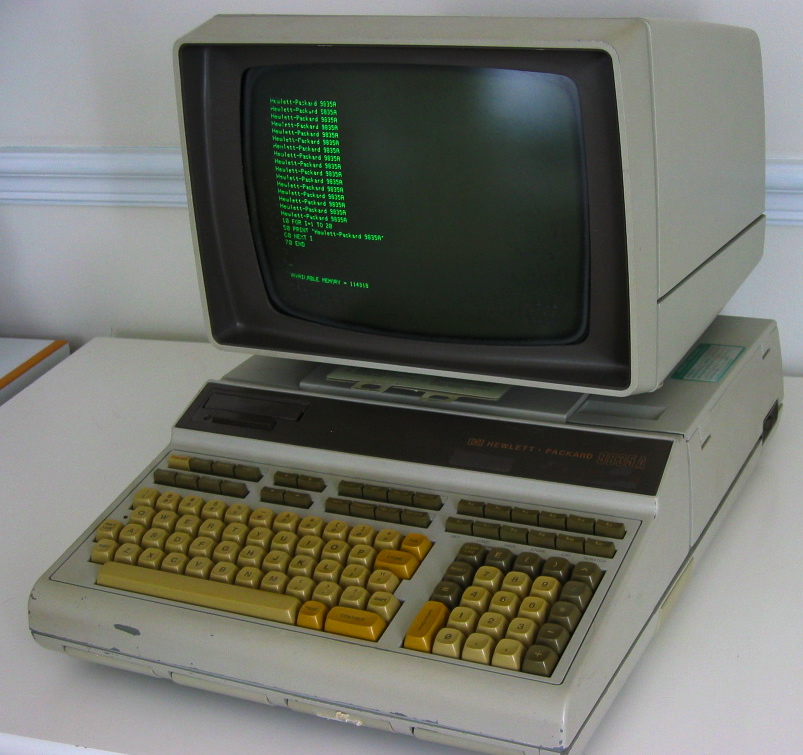Judge Murphy rules that Delta-8 is different than traditional THC based on state’s updated Farm Bill for hemp allowance
- Based on state law, D-8 not defined and can’t be called “controlled substance”
- Could be first judicial opinion nationally to take on D-8 vs. D-9 definitions
- Browning plans to consult state DA org before deciding on appeal options
A ruling handed down on Tuesday has the chance to impact case law on the national level if it stands up to the appeals process – if it even makes it to the state level for an appeal.
The ruling in a case over the seizure of more than $35,000 has a chance to become a new judicial definition of the difference between Delta-8 THC found in convenience stores around Georgia, or the marijuana everyone knows and considers “THC” by definition. Depending on what next steps that District Attorney Jack Browning will take next.
On July 5, Tallapoosa Circuit Superior Court Chief Judge Mark Murphy handed down a 53-page order (see below this paragraph) detailing several different cases and state laws and officials trying to determine what the difference between the illegal, controlled substance marijuana, and it’s cousin hemp.
Before going into the ruling in additional detail, here’s the document in full:
Background
In October 2021, the Polk County Drug Task Force raided convenience stores in Cedartown and netted 11 arrests (see the full DTF release here,) and during that raid at one of the stores, seized more than $35,000 in cash.
District Attorney Jack Browning noted following the ruling on Wednesday evening that at the time, his office worked with the Drug Task Force in order to get undercover agents to make purchases of the store’s Delta-8 THC products, which apparently were being used by students during school hours. These products were then submitted to the crime lab for testing, and arrests were made when it was alleged that Delta 9 THC was found in the products sold.
Those prosecutions remain in place, but when the cash was seized the store owners then pursued a separate civil route to determine whether the money was taken rightfully, or if it was being held without cause. So hearings were held, and both the District Attorney and local attorney Brad McFall made their case as to whether it was right to take the money or not.
Civil forfeiture laws work like this: say the police are called to a house they believe is being used for drug dealing. They get the search warrant, and in the course of looking for drugs (which they find) they also see money stashed away in several places. Thousands of dollars of cash they believe are the illicit proceeds of drug trafficking.
In most cases, a drug dealer unable to legally prove the money had nothing to do with what he was selling on the black market loses the cash to law enforcement. Police still have to go through a process to claim the money, but ultimately it is put to work.
When you see a cop car that has “this car was purchased by your local drug dealer” sticker on the back, that car is likely to have been bought via money that was seized during these kinds of cases, where large amounts of money ultimately get turned over to police after being used as evidence of criminal activity.
The above case is interesting on several points, but boils down to this: is what the store owner was selling legal, or not? Thus, do the cops get to keep the cash, or do they have to turn it back over?
Questions of legality
This what the crux of the decision comes down to then: should Delta-8 be considered the same as Delta 9? It took many pages of looking at what others have defined as the difference between one molecule and the other, and how Georgia law defines each (or lack thereof.)
In basic terms, Judge Murphy found in the 53-page ruling that Delta-8 THC is not the same as Delta-9, and can’t be considered a controlled substance.
“… As a matter of law that Delta-8 THC is a not controlled substance in Georgia, and therefore, not contraband that would support forfeiture of defendant in rem for sale of Delta-8 THC,” the ruling stated. At least for this particular case.
Specifically, Delta-8 THC isn’t contraband that can be used as evidence that the store owners were doing anything illegal to be able to seize and keep the money.
Judge Murphy got to the decision after several arguments made from both sides of the question. Testimony provided by Board-Certified Tehnologist in Chemistry (the court’s spelling, not ours) Natalie Siracusa provided definitions between the difference between hemp and marijuana plants. Legislation from other states, case law, Georgia’s own law and federal controlled substance law also informed his decision, along with historical precedence.
The problem as the ruling defines it is comes down to biochemistry, and what Georgia law stipulates on what is allowable in Delta-8 products in the Hemp Farming Act in the state.
This is where the crux comes into play: this farm bill that was updated to allow hemp cultivation within state borders provided a definition for what amount of traditional get-you-high Delta-9 THC is allowed in a product. That limit is .3 (something) that is allowed in a product in dry weight. A miniscule amount for say, a cookie. The same law doesn’t provide any stipulation on any of the other dozens of cannabinoids with various properties, including Delta-8 THC, and thus provides an unregulated allowance for what amounts of that molecule is allowed.
Delta-8 THC is less potent than its sister molecule one number up in definition, and has many of the same properties but not to the same potency levels of typical THC.
The update to the act in 2020 required that anything that tests above the allowed amount of Delta-9 THC in a Delta-8 product is supposed to be destroyed. The legislature again amended it in 2021 to include further definitions about licensing, processing, and references to Delta-9, but again didn’t touch Delta-8 (per the ruling, Page 26.)
The State Senate saw Sen. Jeff Mullis introduce legislation earlier this year over Delta-8, but it fell short of getting out of committee this session.
The Hemp Farming Act also includes a section noting that if it isn’t Delta-9 THC, it shouldn’t be considered a Schedule I Controlled Substance like Delta-9 THC, which like all traditional marijuana products remain illegal on the state and federal level in Georgia. (See Page 27.)
The ruling also noted law enforcement challenge, including the GBI Crime Lab’s own testing procedures on drugs which is limited to either leafy marijuana, or THC vapes and oils.
“(The) GBI does not have the ability to determine THC content of solid samples such as creams or waxes…” the ruling noted on Page 20.
Additionally, the state will only test THC-based samples in felony cases.
District Attorney Jack Browning noted that was also the case when sought for comments on the record about the decision.
Private lab testing of products is supposed to provide consumers with results with online links to be able to see what their product contains.
The court also noted in the ruling that with the hundreds of other cannabinoids that are found in the plants, and so long as these plants stay under the Delta-9 THC levels proscribed, they are by law considered industrial hemp. (Page 23) It also notes USDA guidance on levels of Delta-8 THC versus Delta-9 THC in hemp.
“Upon this Court considering the well accepted rules of statutory construction applied by state and federal courts across this nation, this court concludes that as a result of statutory changes arising form the enactment of the federal Farm Bill and the Georgia Hemp Farming Act, there is no statutory construction under current Georgia law that would define the Delta 8 THC isomer as a Schedule I controlled substance when it derived from, or made by, hemp plants or hemp plant parts,” the ruling stated on page 41.
So it comes down to this: the state’s claims that Delta-8 THC should have been made a Schedule I drug doesn’t stand up, and because of testing policies makes it difficult to prove that products being sold with Delta-8 don’t include over the amount of Delta-9.
“I feel like Judge Murphy issued a well-reasoned and thought-out opinion, but I don’t agree with the decision he made in this case,” Browning said.
Next steps
Browning in a conversation following the release of the ruling on Wednesday noted that he was unsure at this time what his office will do next. He said he wants to consult with the Prosecuting Attorneys Council of Georgia to determine what path should be taken to move forward with an appeal, if one is possible.
He did however note that the issue over Delta-8 has been touched on in Georgia and other states over the past months, but only on the level of filing injunctions and not in making a decision on a level that can be pushed forward to the appellate courts to make a further determination. It marks the first case Browning knew of across the country that has ruled on the legal differences between Delta-8 and Delta-9 THC.
One thing is clear to Browning: the state legislature has a loophole they need to fix if they want to gain greater control over the Delta-8 marketplace. Without taking further steps, lawmakers are essentially letting manufacturers determine the levels of either molecule in products without direct oversight by the state.
Which can lead to cases where store owners and clerks are being busted for selling a product they might not even know is illegal.
For now, the cash that is involved in this case is still in a bit of limbo. If Browning decides not to appeal, or prosecute the cases charged last year, then he can hold onto the money as evidence. If not, then the store owners simply need to file to get the money back, and show evidence it had nothing to do with any wrongdoing.





















Leave a Reply